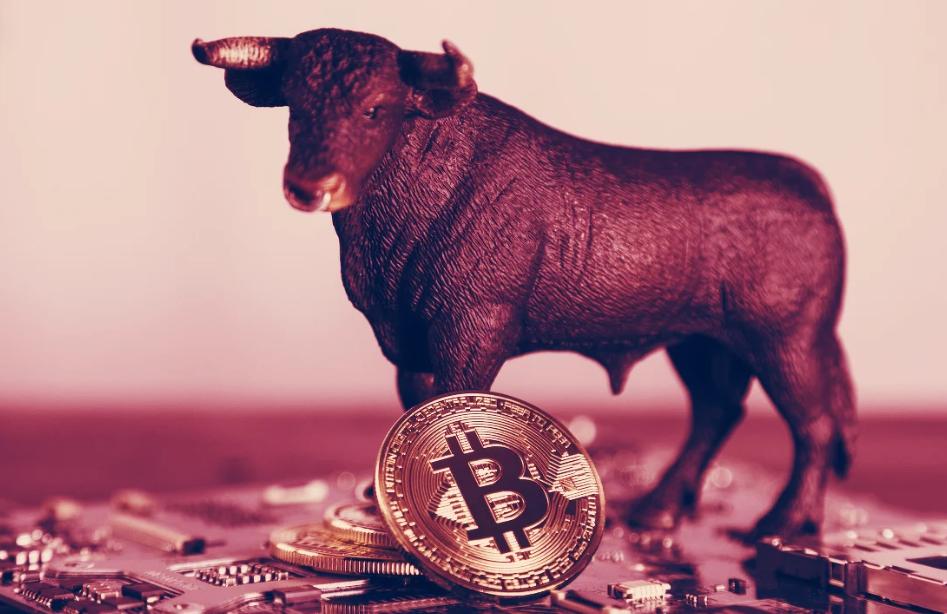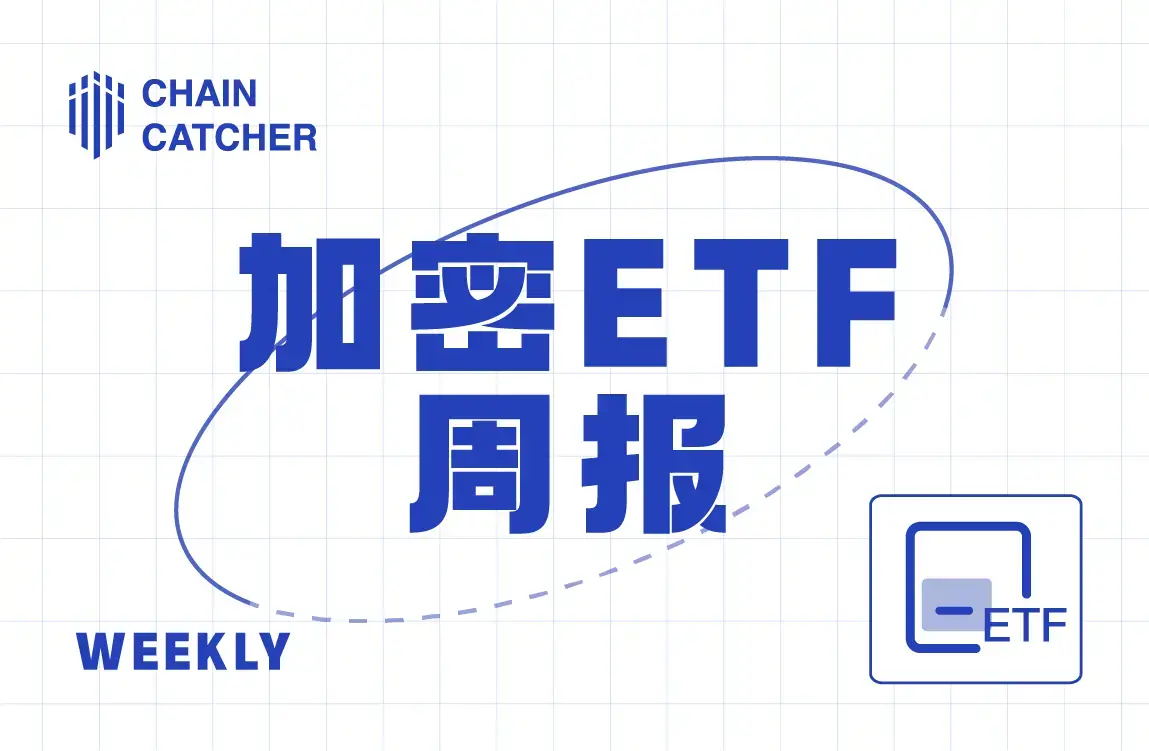The SEC angrily criticizes Musk: he actually mocked me publicly! Violated court orders twice
This article was published by Securities China, author: Wu Leding.
The "outspoken" Elon Musk has become a key target of the U.S. Securities and Exchange Commission (SEC). On June 2, the Wall Street Journal first revealed a communication record between the SEC and Tesla, indicating that Musk had violated a court order twice with his statements on Twitter.
The language used by the SEC in the communication record was very sharp, stating that Musk was openly mocking the SEC, highlighting the tense relationship between the two.
However, Musk's troubles do not end there. On June 2 and 3, Tesla is recalling over 6,700 electric vehicles in the U.S. and China due to safety hazards. Under a series of negative news, Tesla's stock price has remained weak, dropping another 3% on June 2, down 33% from its peak earlier this year, with a total market value evaporating by over $284.3 billion (approximately 181.55 billion yuan).
Musk "Angers" the SEC
On June 2, the Wall Street Journal exposed a communication record from the SEC, reigniting discussions about Musk's feud with the SEC.
The communication record shows that the SEC warned Tesla that its CEO Elon Musk had violated a court order twice with his tweets, which stated that Musk must obtain approval from Tesla's lawyers before posting tweets.
This court order originated in 2018 when Musk tweeted about Tesla's acquisition actions, which the SEC deemed fraudulent and subsequently sued Tesla. Tesla later reached a settlement with the SEC, with both Tesla and Musk being fined $20 million each and signing an agreement: "Musk must obtain approval from Tesla's lawyers before posting tweets."
However, it seems that both Tesla and Musk have not taken this agreement seriously. The SEC explicitly stated in a letter to Tesla that Musk continued to violate the monitoring terms after signing the statement, openly mocking the SEC.
According to the aforementioned Wall Street Journal report, the two tweets that "angered" the SEC were posted in 2019 and 2020, mainly discussing the progress and capacity of the solar roof business and stating that Tesla's stock price was too high.

Clearly, these two tweets could directly impact the price movements in the secondary market. The tweet on May 1, 2020, stating "Tesla's stock price is too high," caused Tesla's stock to plummet over 11%, resulting in a market value loss of $14 billion and sparking intense market discussions. Some investors even commented online, "I hope the regulators confiscate his phone."
However, from the recently revealed SEC communication records, it appears that Musk did not obtain approval from the company's lawyers before posting the two tweets, which angered the SEC. Additionally, the SEC warned that Tesla had abandoned its court-mandated oversight responsibilities regarding Musk.
It is worth mentioning that the communication records between Musk and the SEC had never been reported before, highlighting the tense relationship between the SEC and Musk. It remains unclear whether the SEC will take further action against Musk due to the two tweets.
Timothy Shields, a partner at the law firm Kelley Kronenberg, stated that Musk's statements reflect his personal views rather than Tesla's perspective. However, it is difficult for regulatory agencies to separate the two, making regulation challenging.
The "Outspoken" Musk
Tesla, which rarely advertises, is one of the most newsworthy tech companies, largely thanks to Musk.
Currently, Musk has over 54 million followers on Twitter and has attracted a large following on the retail investors' "home base," Reddit. Since the outbreak of COVID-19 in the U.S., Musk's activity on Twitter has increased significantly, with one particularly wild day seeing him post nearly 80 tweets, rivaling former President Trump, who was known for "tweeting governance."
With his immense influence on social media, Musk's statements can sway the capital markets, directly affecting the prices of stocks and cryptocurrencies.
On June 2, Musk tweeted during Asian trading hours: "Baby Shark crushes everything! Clicks exceed the total number of humans!" recommending the children's song "Baby Shark." The stock price of Samsung Publishing Co., the second-largest shareholder of the song's production company, surged over 10% during trading, reaching its highest level since May 7, with a cumulative increase of over 300% since the end of 2018.
This once again demonstrates Musk's influence on secondary market prices. In fact, on May 1, 2020, Musk tweeted, "I think Tesla's stock price is too high," and immediately after, Tesla's stock plummeted over 11%, resulting in a market value loss of $14 billion, "angering" the SEC.
Compared to the stock market, Musk's influence in the cryptocurrency space is even greater. On June 2, U.S. time, Musk posted a meme featuring a dog Dogecoin on Twitter, captioned "Found a picture of me as a kid."

Subsequently, Dogecoin surged, with intraday gains expanding to 30%, currently reported at $0.4385 per coin, reaching a new high in nearly half a month.
Previously, Musk stated on Twitter that Tesla would no longer accept Bitcoin payments, which directly led to a 17% drop in Bitcoin and dragged down the entire cryptocurrency market. Later, Musk announced on Twitter that his commercial rocket company SpaceX would accept Dogecoin payments, directly stimulating a significant rise in Dogecoin.
Musk has gone to great lengths to promote Dogecoin, making it a hot topic in the cryptocurrency community. Thanks to Musk's fervent endorsements, Dogecoin, which was nearly worthless at the end of 2020, skyrocketed to become the fourth-largest cryptocurrency by market capitalization in 2021.

At the end of February this year, the SEC investigated whether Musk was suspected of using his personal social media influence to manipulate Dogecoin and other cryptocurrencies.
However, Dennis Kelleher, CEO of the think tank Better Markets, stated that this outspoken CEO is irresponsible in making statements that could influence market trends, but it may not be illegal. Therefore, the SEC has been at a loss regarding Musk's tweets and can only engage in a silent struggle.
Musk "Mainly Trading Coins, Secondarily Making Cars"?
From the content of Musk's tweets, one can't help but wonder if his main business is trading coins, and his secondary business is making cars.
In fact, Tesla's financial report data supports this notion. In the first quarter of 2021, Tesla made a profit of $128 million from trading Bitcoin, while excluding profits from carbon emission credit sales, Tesla's pre-tax profit from making and selling cars was only a mere $15 million.
As of the end of the first quarter, Tesla still held $2.48 billion worth of Bitcoin, but with Bitcoin prices continuing to decline in the second quarter, it faces significant impairment risks.
Meanwhile, Musk's car-making business is also facing difficulties. Since the "car roof rights protection" incident in China on April 19, negative public opinion regarding Tesla's quality issues has intensified, and Tesla has subsequently experienced multiple traffic accidents, putting the company in the spotlight.
Public pressure and safety incidents have directly impacted Tesla's sales in the Chinese market. In April 2021, Tesla's sales were 11,954 vehicles, a 65.51% decrease month-on-month. Among them, the main sales model, Model 3, saw insurance sales of 6,431 vehicles in April, a 73.75% decrease month-on-month, falling below 10,000 units for the first time.

According to the latest report released by Credit Suisse, Tesla's global market share in electric vehicles has also declined, plummeting from 29% in March to 11% in April.
On June 3, the State Administration for Market Regulation announced that Tesla would recall over 700 imported Model 3 electric vehicles, offering free repairs to eliminate safety hazards.

Additionally, on June 2, U.S. time, the National Highway Traffic Safety Administration announced that Tesla was recalling 5,974 electric vehicles due to the possibility of loose brake caliper bolts, which could lead to tire pressure loss and increased collision risk.
The voluntarily recalled vehicles include specific 2019-2021 Model 3 and 2020-2021 Model Y models. Tesla stated that it is currently unclear if this potential defect has caused any accidents or injuries, and free inspections, tightening, or replacement of caliper bolts will be provided as necessary.
Tesla reported that a field incident involving a 2021 Model Y was discovered in December 2020, where a fastener was missing from the driver's side rear brake caliper, and measures were taken to prevent this issue during assembly.
Under a series of negative news, Tesla's stock price has remained weak, dropping another 3% on June 2, down 33% from its peak earlier this year, with a total market value evaporating by over $284.3 billion (approximately 181.55 billion yuan).










